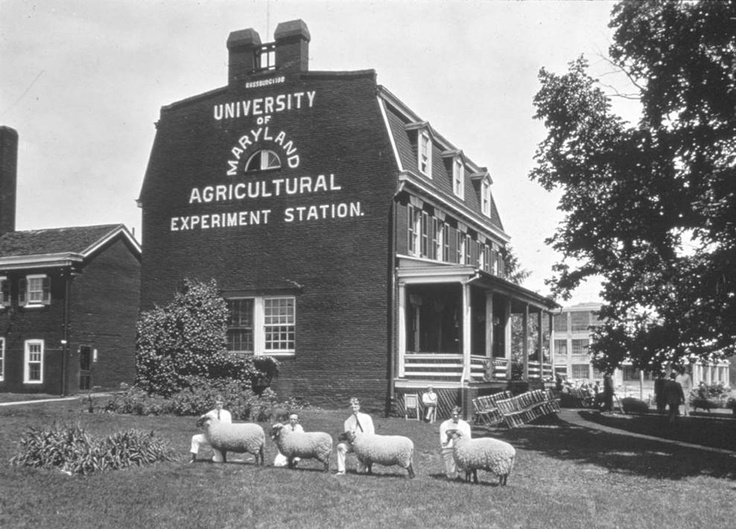
The first president of the University of Maryland in College Park in 1859 was a noted scientist, farmer and educator — as well as an abolitionist.
A Quaker schoolmaster, Benjamin Hallowell helped found a charity that worked with enslaved people to sue for their freedom in court, personally winning a case in Upper Marlboro that set a family of 13 free.
He also sought to demonstrate that paid labor was more productive and profitable than enslaved labor through his own farm in Montgomery County.
 But like many Quakers living in slave-holding areas, Hallowell walked a careful line, making a distinction between the “inhumanity of slaver ownership” and the “humanity of slaveowners,” as a 2009 report commissioned by the university noted.
But like many Quakers living in slave-holding areas, Hallowell walked a careful line, making a distinction between the “inhumanity of slaver ownership” and the “humanity of slaveowners,” as a 2009 report commissioned by the university noted.
That may have helped him get the job. As the report found, 16 of the first 24 trustees of the Maryland Agricultural College, as it was known then, were slaveholders, and there were many local farms that used enslaved labor.
As he notes in his memoir, Hallowell said he would only accept the position if the college did not use enslaved labor.
“The college was situated in the midst of a slave-holding community, and I first wished to know whether free or slave labor was to be employed on the farm and in the house,” he wrote. “I was much gratified when informed it was to be free labor only.”
Citing poor health, Hallowell resigned after a month on the job, though it’s clear in his memoirs that he was mostly irritated with what he viewed as disorganization in the new college’s management.
The report was written at a time when many U.S. colleges have been researching their own history with slavery. It did not find direct evidence that enslaved people were involved in the university’s construction, but it said that did not mean the university was blameless given how much slavery was woven into daily life in the area at the time.
“If slaves didn’t lay the bricks, they made the bricks,” said professor Ira Berlin, who led a class that authored the report, in 2009. “If they didn’t make the bricks, they drove the wagon that brought the bricks. If they didn’t drive the wagon, the built the wagon wheels.”
In the end, the college’s founding trustees were more interested in agricultural reform than ending slavery or human rights.
The University of Maryland welcomed its first Black undergraduate, Hiram Whittle, in 1951; its first Black chancellor, John Slaughter, in 1982; and its first Black president, Darryll J. Pines, in 2020.
Support the Wire and Community Journalism
Make a one-time donation or become a regular supporter here.









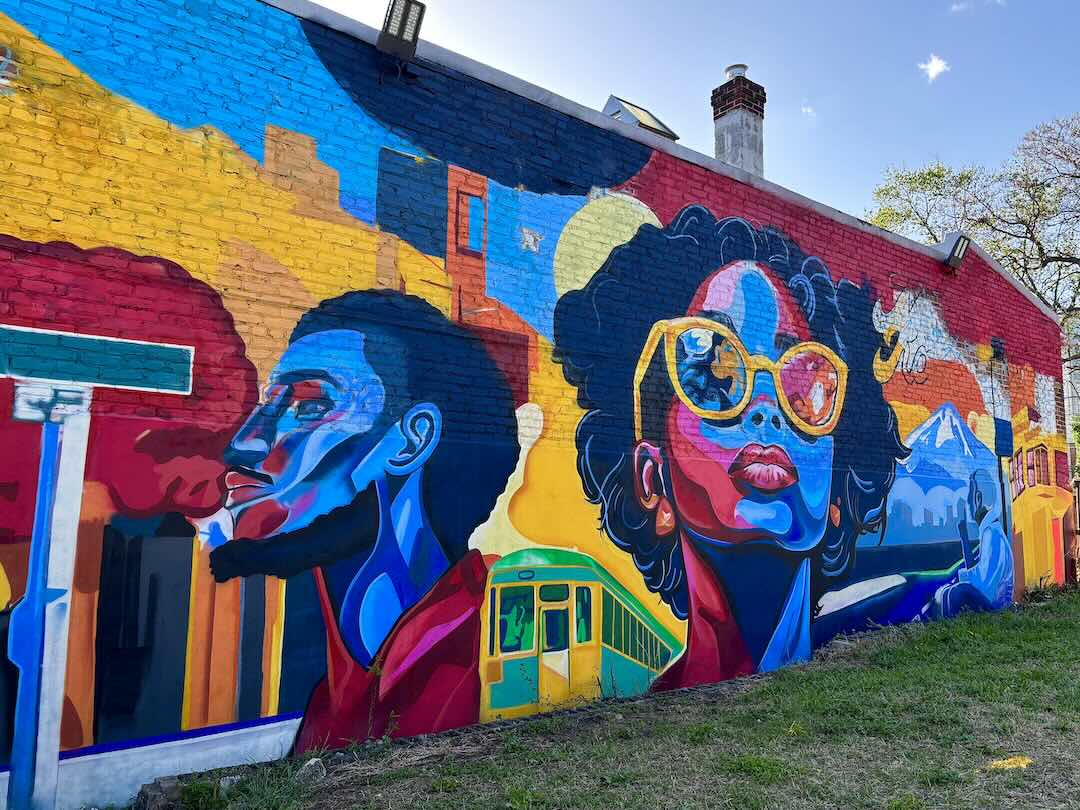
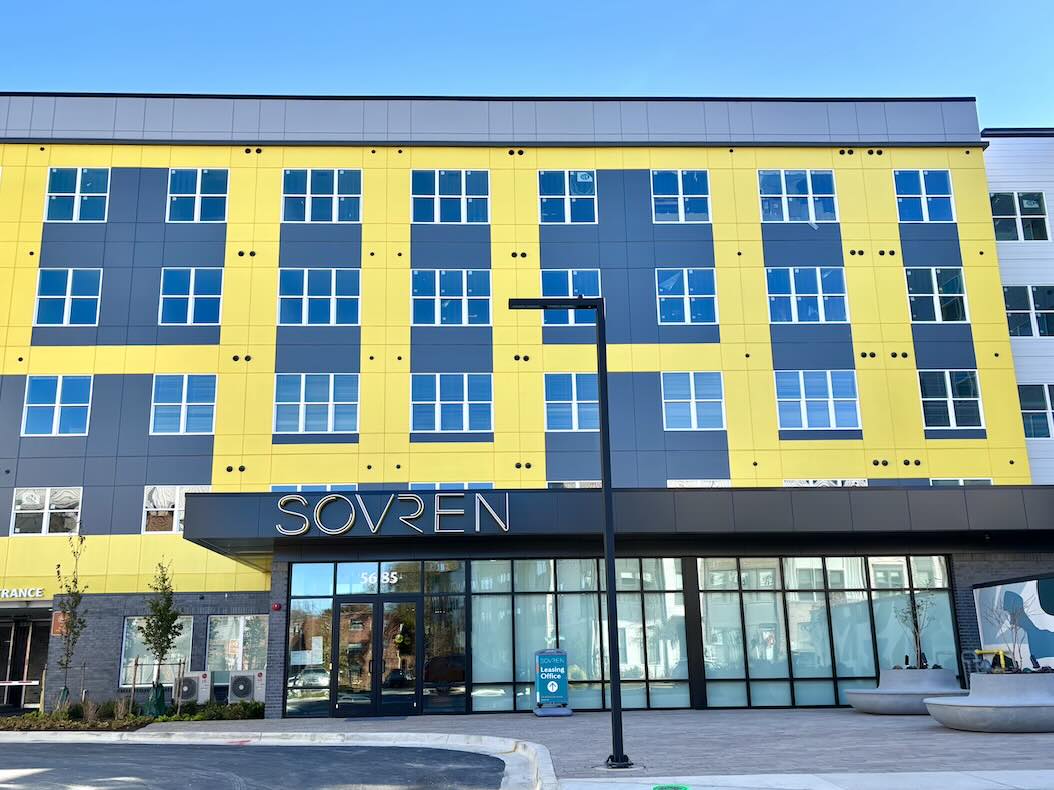

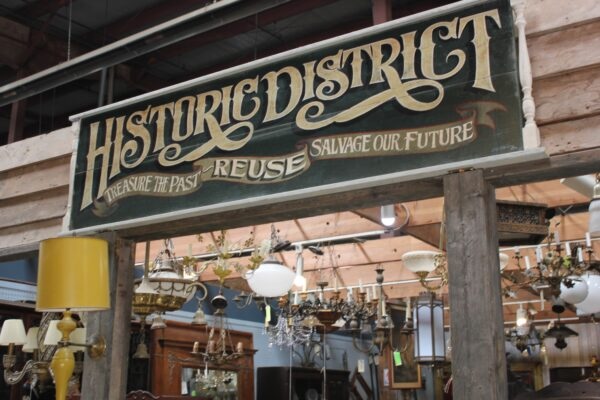

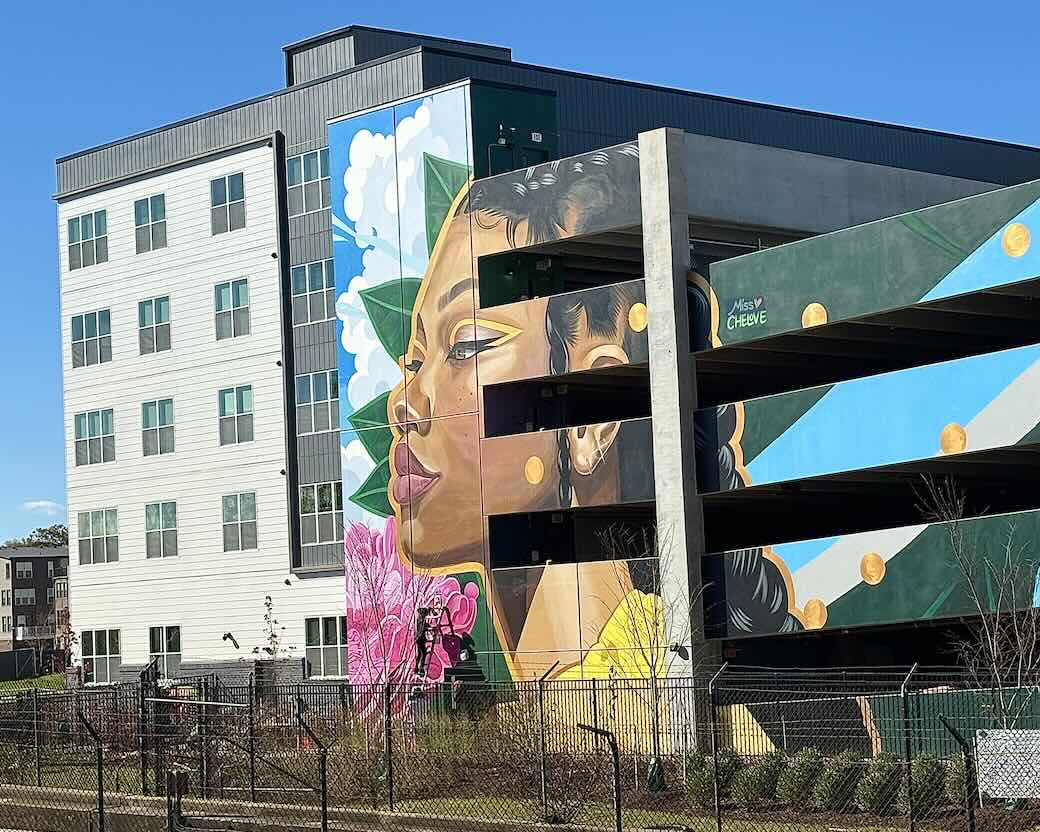
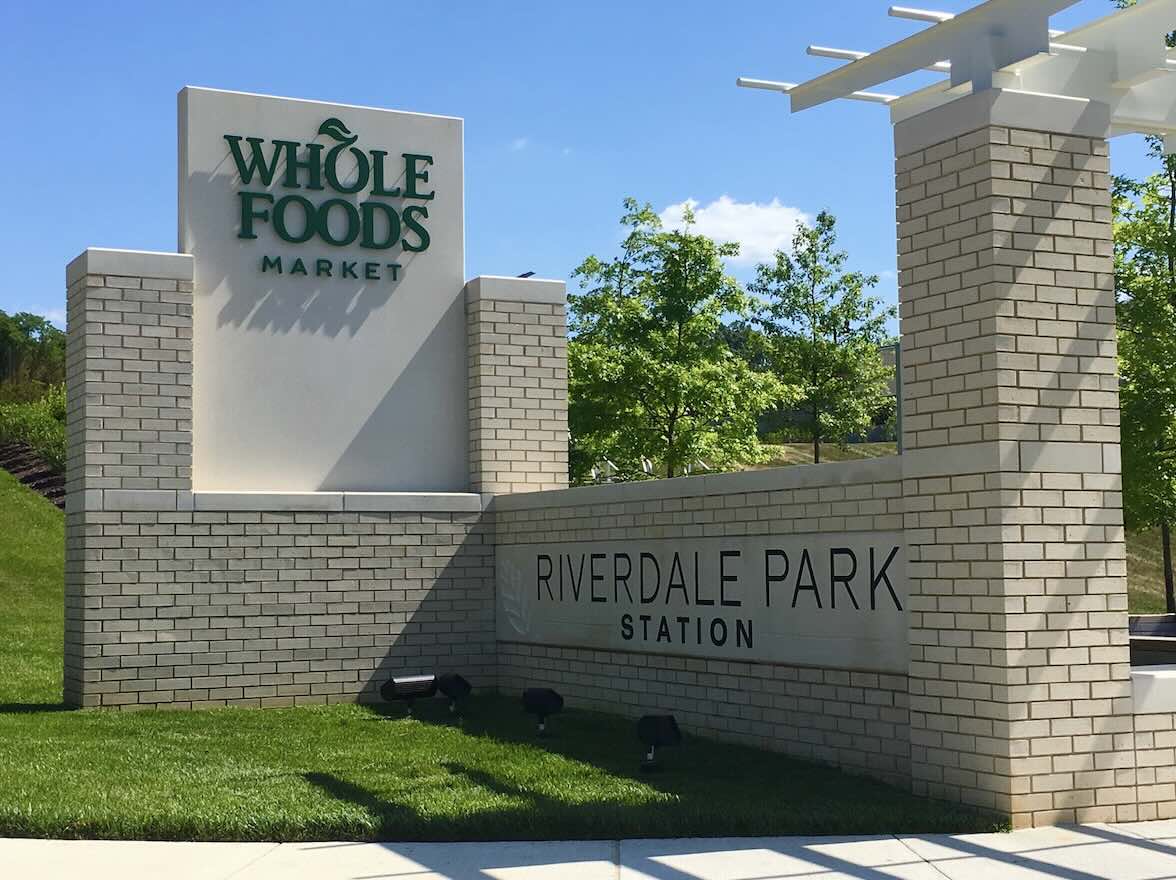
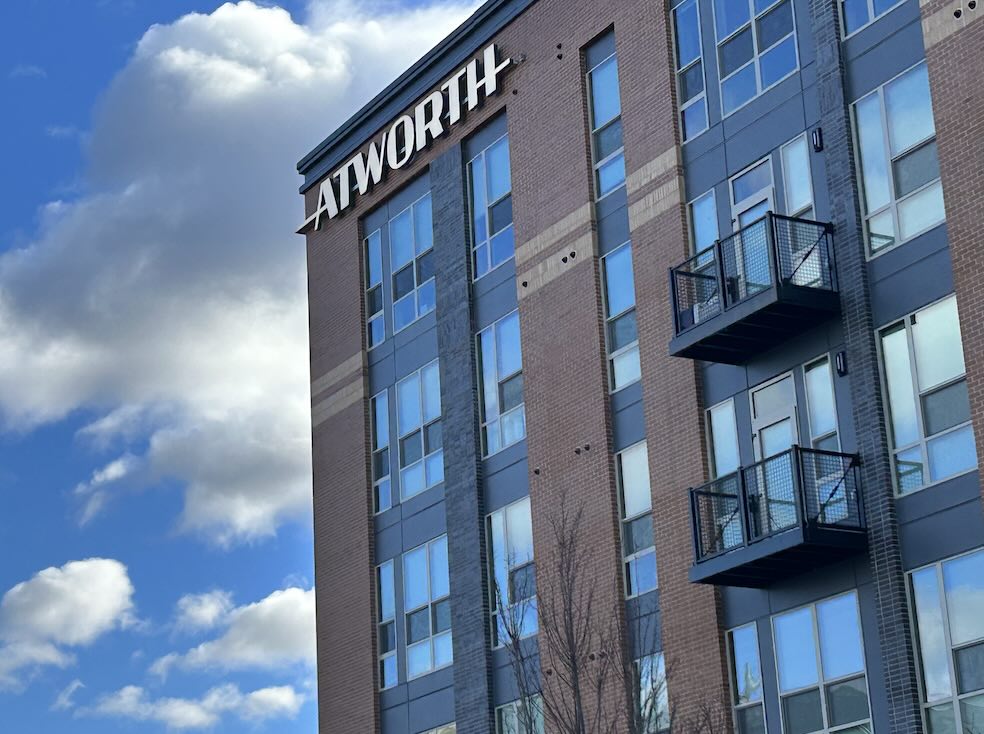


John Slaughter was the first black President at UMD:
https://www.umd.edu/history-and-mission/university-presidents